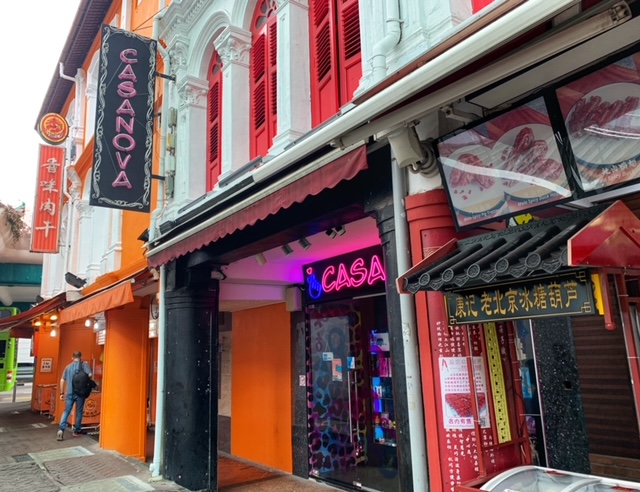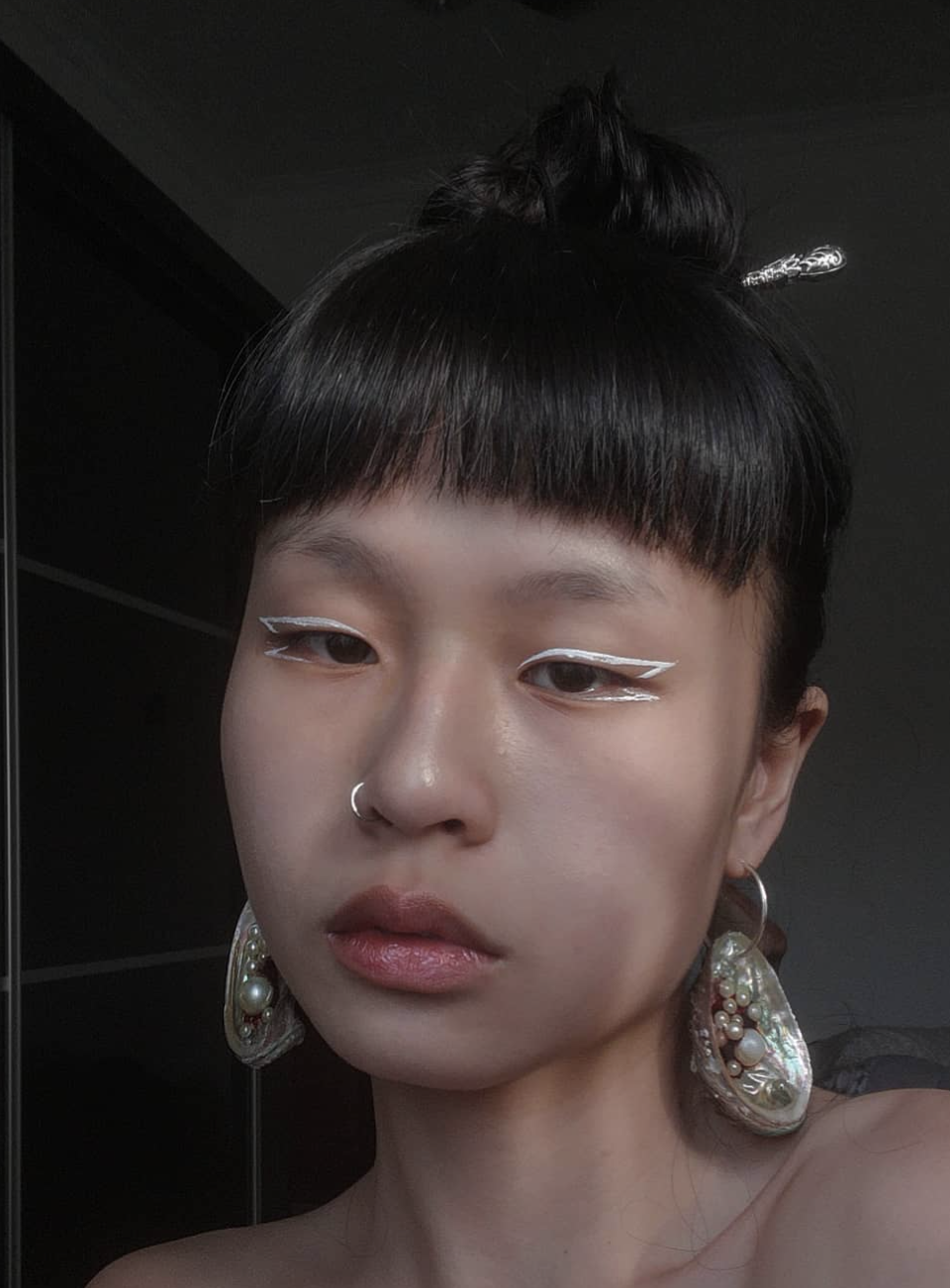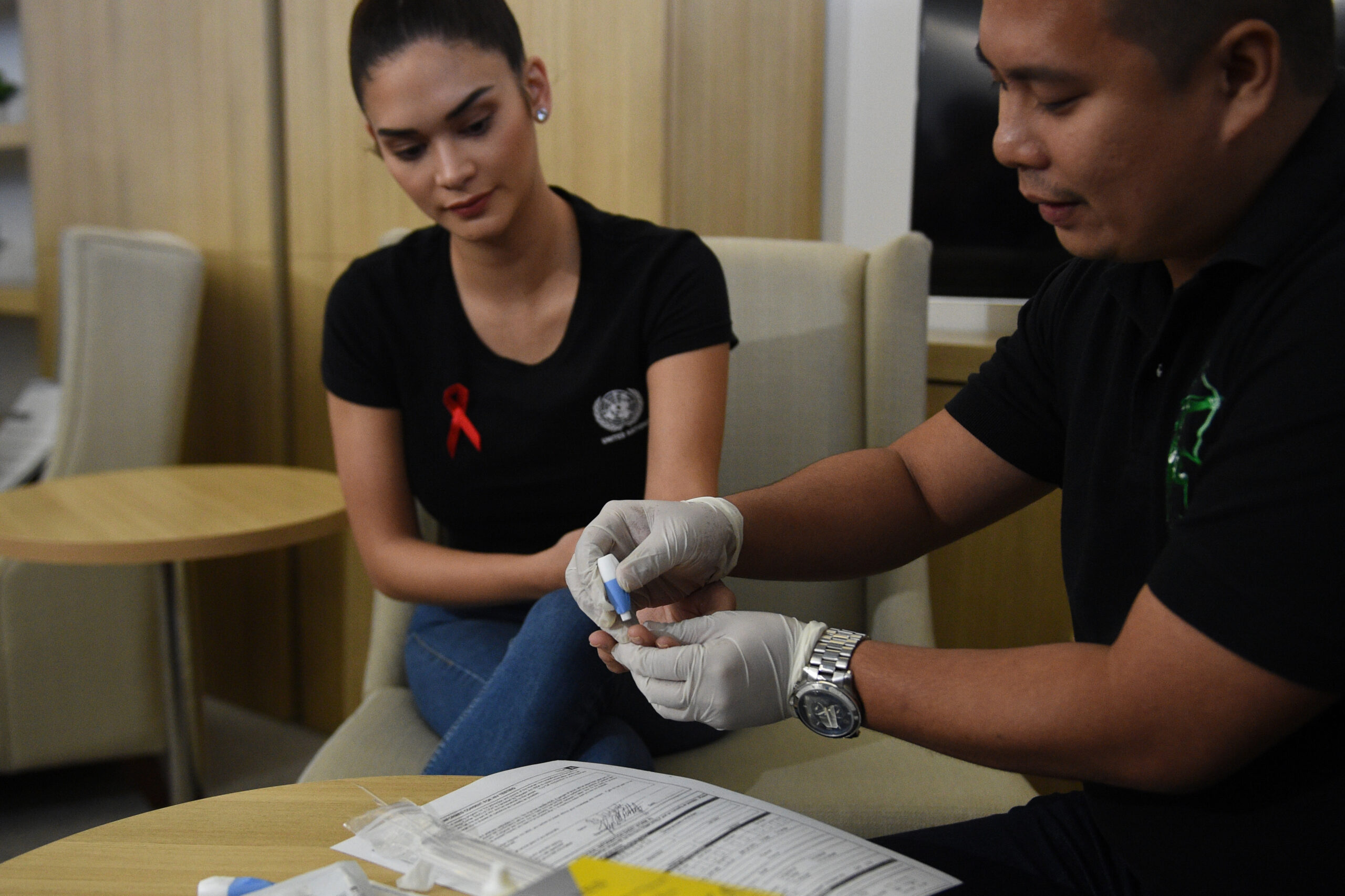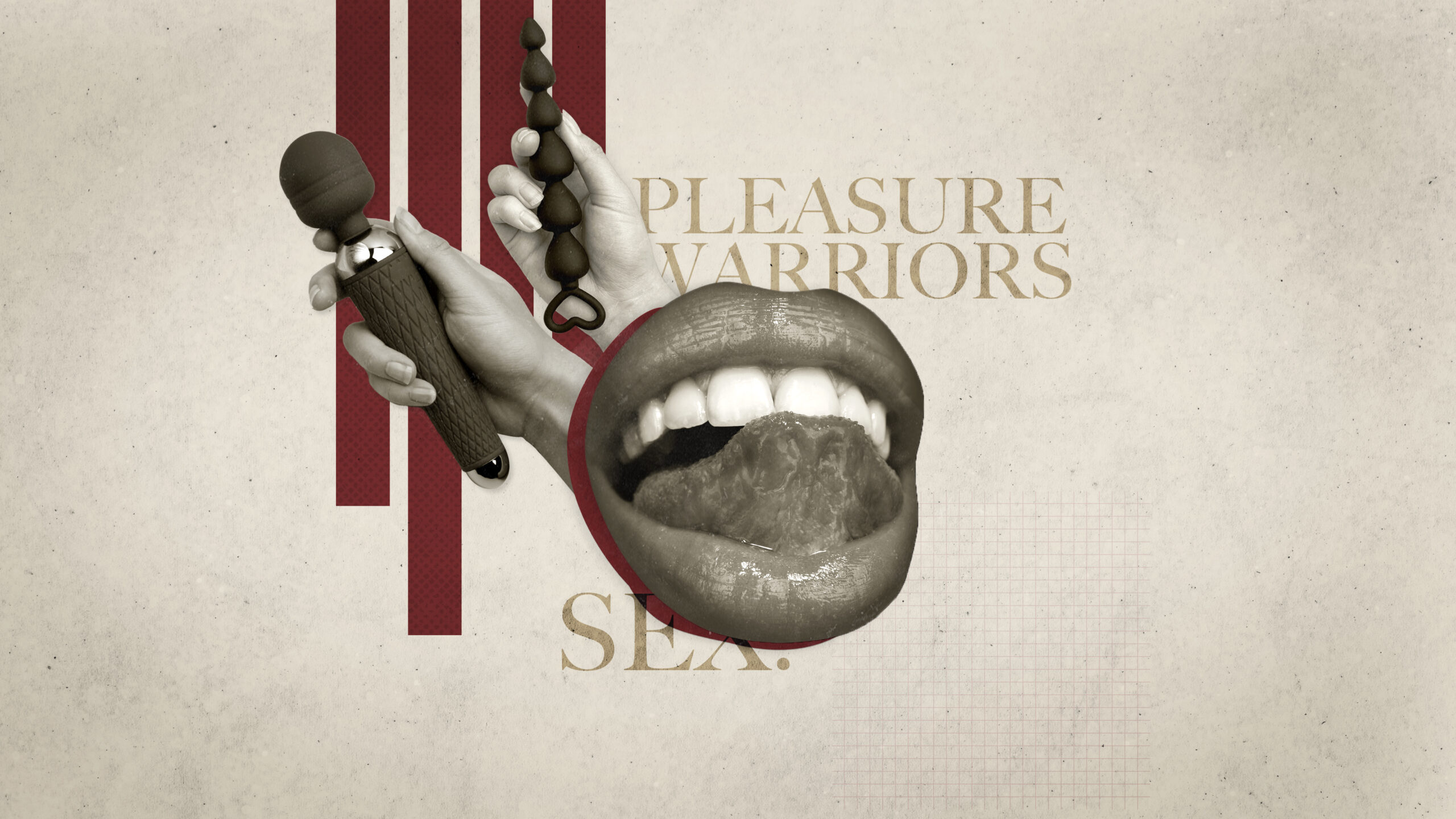Meryl Lim tried a sex toy for the first time in university with a bit of Googling and a “lot of trial and error.”
She and her partner grew so fond of the toy they even named it Johnny. Yet after graduation, as she worked in a high-rise office tower along Singapore’s main shopping street, Lim walked past a sex toy shop nearby every day for four years and never went inside.
“If I were to walk in and if I were to look at toys, I might be seen as very promiscuous or very slutty in some way,” Lim, 29, said of her feelings at the time. “I don’t tell people I’m using toys. It’s a hidden secret that I feel a lot of people have.”
As the co-founder of sex toy company Genvie, Lim is among a growing group of Southeast Asia entrepreneurs trying to coax conversations about sex toys into the open.
By branding themselves as sex educators as well as retailers, the companies host female empowerment workshops, publish intimacy tips and even teach basic anatomy, reaching young women and queer people through palatable Instagram carousels and soft, welcoming websites.
Countries in Southeast Asia, especially Singapore but also the Philippines and Malaysia, have seen a rapid rise in homegrown sex toy companies in the past five years.

“We really noticed the problem here in the Philippines is the stigma, the taboo, the lack of sex education about pleasure and the health benefits of pleasure,” said Renz Rollorata, who co-founded toy retailer Lauvette in 2019. “We know that the opposite of that is education.”
The sexual wellness business is part of an overall rise in Southeast Asian “femtech,” a catch-all term for technology focusing on women’s health and experiences. Although there’s little region-wide data tracking the industry, Southeast Asia accounted for at least 41 of the world’s 318 femtech companies last year, according to Fermata, a femtech retailer and platform.
More than half of the region’s femtech companies are located in Singapore, followed by a handful in Thailand and a few each in the Philippines, Malaysia, Vietnam and Indonesia. Roughly one-third are sexual wellness companies.
The uptick has made some sex therapists question whether for-profit companies are equipped to provide sex education, while founders argue they’re filling an information vacuum for young people looking to explore and learn about their bodies.
“They’re trying to answer questions, and there are a lot of questions,” said Francesca Geary, marketing director at Fermata. “And it’s just the start.”

The sex toy industry has been well-established in the U.S. and Europe for the past quarter-century, with around half of heterosexual Americans and even more LGBTQ+ people reporting use of a sex toy as of 2013.
A lack of local companies has left Southeast Asia consumers with fewer options than their Western counterparts. Longstanding cultural and religious taboos around sex, which underlie legal issues, have made some entrepreneurs question whether there would be enough customer demand.
In 2018, a handful of young Cambodians were arrested and forced to stand in front of dozens of dildos at a press conference after selling sex toys on Facebook. In Malaysia and Thailand, potential entrepreneurs have been scared off by “obscenity laws” pushing the import and sale of toys into murky territory.
Instead, customers navigated thousands of toys from major online retailers like Lazada or Shopee with little information about how to use them, let alone public forums to discuss sex.
“When we were talking to our communities and close networks, we’d be met with, ‘But this is an American problem, it’s not really a big thing in Asia,’” Geary said. “‘We don’t see companies like this here. Is this not too niche for Asia?’”
In terms of finding help, there’s a lack of awareness – where do I find help and how do I seek it?”
Andrea Koh, sexologist
That mindset has started to shift. E-commerce dramatically increased throughout the region in recent years, with Indonesia, Vietnam, Malaysia, Singapore, Thailand and the Philippines experiencing a growth in internet users by about 75% since 2015, according to a recent Bain & Company report. About eight out of 10 consumers have purchased items online.
The internet also has changed how millennials and Gen Z think and talk about sex, whether bingeing the Netflix show “Sex Education” or connecting over a shared vocabulary of sex positivity and enjoyment, according to Malaysia-based sexologist Andrea Koh.

“Because of all this media that’s empowering people to be more open about sex, it creates more awareness in the public to say, ‘Okay, let’s look at my own sexual relationships and how I can improve that,’” Koh said. “It’s just that in terms of finding help, there’s a lack of awareness – where do I find help and how do I seek it?”
Sex toy companies see themselves as a first step toward answering that question.
Lith Ng, the 26-year-old co-founder of Malaysia-based retailer Erosu, received a bare-bones, abstinence-heavy introduction to sex at her conservative high school outside Kuala Lumpur.
But she dug deep into discussions on the social media site Tumblr, sharing articles and books with strangers about feminism and discovering the much-studied orgasm or pleasure gap, which refers to the disparity in orgasms between men and women during heterosexual sex.
Although she started incorporating sexual themes into her work as a visual artist, she felt she couldn’t make much impact beyond the local art bubble. After years of internal debate, she and her partner launched Erosu at the start of 2020 with the idea that other people in Malaysia would be interested in sex toys if they had an approachable place to find them.
“I want to advocate for pleasure, and what’s a better way to do it than selling this stuff and also educating and empowering other people?” Ng said. “A lot of people are dying to talk about it, but they don’t know who to talk about it with, without being shamed.”
On a Saturday morning in March, a group of about 70 university students logged onto a videoconference called, “Into the Thick of It: A Vulva Affair.” Hosted by a Singapore-based platform promoting vaginal and vulval hygiene, the students’ questions ranged from asking about whether you should use lubricant with sex toys to how to start masturbating for the first time.
“That’s very typical,” said Lim of Genvie, whose cofounder spoke on the panel. “It’s very early on sexual wellness discovery phase, which is why we try to cater according to who we’re speaking to.”
That can include anyone from teens to new parents. Advertised in soft pastels and pinks on social media, recent events by Southeast Asia’s sex toy startups included titles like “Female Orgasms,” “From Painful Sex to Pleasure Warriors,” “Queer Sex 101” and “Don’t Let Men(struation) Keep You From Pleasure.” Bite-sized Instagram content ranged from the fun (“Things to Know About Being in a Throuple”) to the serious (“Men are also victims of sexual harassment”).
The goal is to welcome people, especially women, who are curious about exploring their sexuality but have been scared off by garish or outdated marketing, explained Rollorata of Philippines-based Lauvette. The company hosts weekly Instagram Live webinars with experts and produces a long-form blog, regular social media content and in-person events, some in partnership with an HIV awareness group.

“We provide it to the public regardless whether we get sales out of it or customers out of it,” Rollarotta said. “Education and our business of selling sex toys are not separate, it just goes hand-in-hand.”
At the launch of a recent sex toy pop-up event in Singapore, British dating and sex podcaster Nixalina Watson, who revamped her U.K. blog ‘Sex and London City’ for a Singapore podcast audience in 2019, was rapt with attention during a discussion of aphrodisiac scents, the room decked out with a full-sized vagina diagram and toys galore for men and women.
In the four years she’s lived in Singapore, Watson said she has felt stigmas surrounding female sexuality start to crack – similar to the changes she witnessed in the U.K. when she lived there.
“Growing up, I never had any of this,” Watson said. “So to have these workshops where people can go, and you’re giggling, messing around with sex toys, but it’s also really informative – I was just sitting there like, ‘I didn’t know that, I didn’t know that.’ It’s wonderful.”

That purported mission has drawn scepticism from some experts. Martha Lee, a Singapore sexologist who has a Ph.D. in human sexuality, said sexual wellness has become conflated with sex toys in part because of pandemic-born influencers and companies’ tendency to oversimplify information into clickable answers.
“Whatever they’re putting out is really just things that they have Googled,” Lee said. “Because they’re not trained, they don’t know what they don’t know or are missing out on, they don’t have the full picture, and can potentially do a lot of harm.”
“It’s much more acceptable to educate people than to shove toys down their throats,” she added.
Jingjin Liu, the founder of sexual wellness education company ZaZaZu, agreed that companies “can be full of shit” and said ZaZaZu has moved away from selling toys to focus solely on sex education and empowerment. But the industry has established a starting point for people to vocalise their needs and desires, she said.
“The point is to get more conversations ongoing, and this is what we tried to do at the beginning with products,” Liu said. “At the end of the day, if you want to empower women to own their sexuality, you need to start with sexual exploration.”
Customers may also decide where to turn to for sex education. Raymond Tang, a 31-year-old personal assistant in Kuala Lumpur, has been encouraged watching friends talk more openly about sex and pleasure in the past few years.
As a gay teenager, Tang’s sex education was so lacking that he first learned about sexually transmitted infections such as HIV as a university student. Now he firmly believes any conversation about sexual health is better than none.
“In school, you should be exposed to these things,” he said. “Unfortunately, that’s not going to happen anytime soon.”


